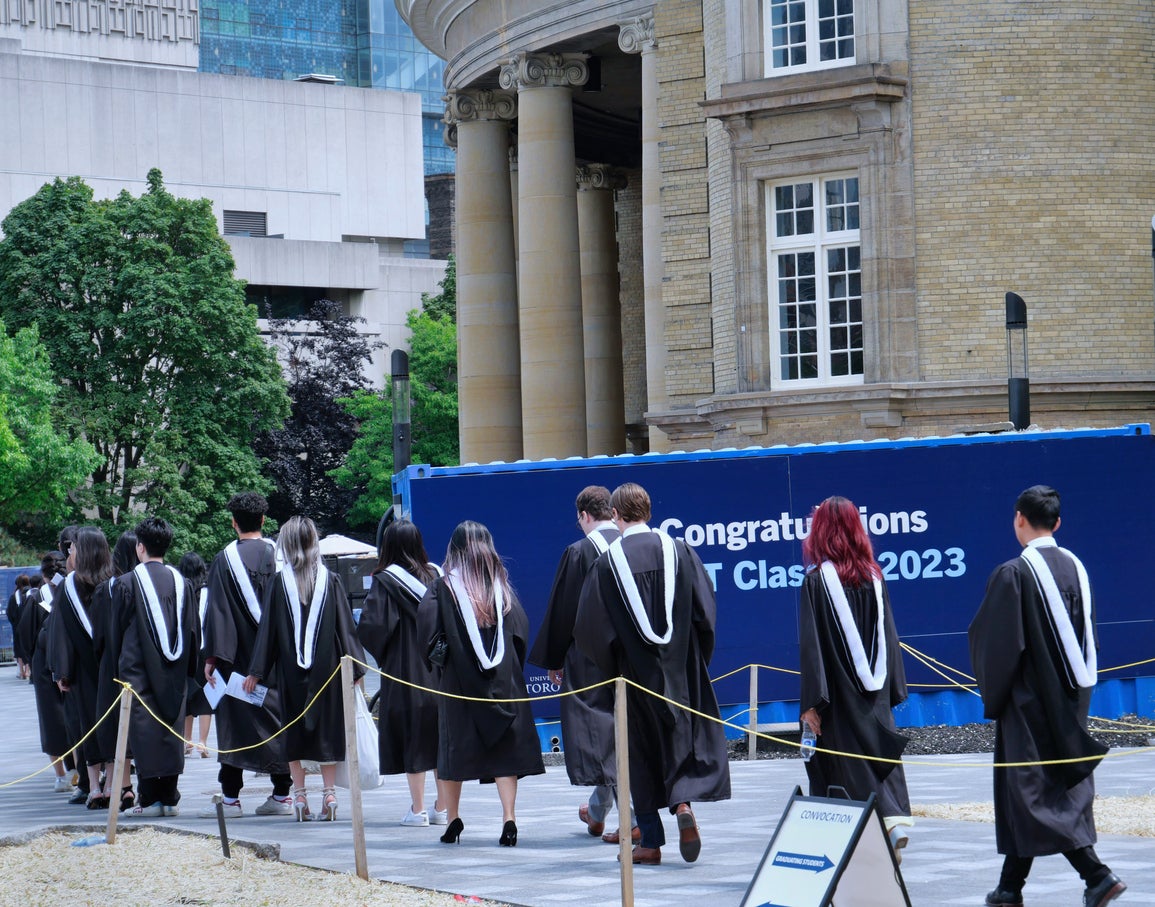I was told if I wanted to be a psychologist I should shut up about growing up on a council estate
When I went to do my PhD to become a psychologist, I was faced with classism for the first time, writes Dr Jessica Taylor – I had never mixed with middle class people, before


I grew up on a large council estate in one of the most deprived areas of the UK, Stoke on Trent.
As it stands, Stoke on Trent has double the child poverty rate of the rest of the country, the highest infant mortality rate in the UK, double the amount of children receiving free school meals, the second highest rate of premature death – and is the worst area in the UK to be born with congenital birth defects.
People in Stoke on Trent are living on the lowest incomes in the country, benefit sanctions have drastically increased, and resourcing has been cut repeatedly by central government. Our area is dying. Our people are suffering.
When I was 11 years old, I decided I was going to become one of three things, and I wrote it in a letter to myself entitled: “Plans for when you are an adult. Do not open until you are 18 years old!”
I wrote that I would become a psychologist, a social worker, or the prime minister. I worked in social work for years. I became a chartered psychologist in 2019 (and there’s still time for the last one).
But I have faced much more discrimination than I expected. I didn’t go to a red brick university when I was younger to get my undergraduate degree, because I had two babies by 19 years old, I was working full time, and I couldn’t afford to go to university. Instead, I did my degree with the Open University, by working all day, studying all night every day for four years whilst my babies slept.
When I went to do my PhD to become a psychologist, I was faced with classism for the first time. I had never mixed with middle class people before. I assumed because I was smart enough to get on to a prestigious PhD programme at a top university, I would be welcome there. I never expected what would come next, and how it would continue to shape my career for years to come.
A psychologist I had never heard of or met sent emails around my department where I was doing my PhD, asking people if they knew I was tweeting about being from a council estate. They did some more digging, and found out that I was also a teenage mum, that I had a baby from rape at 17 years old, and that I spoke openly about my childhood.
I was quickly sat down and advised to stop speaking about being from a council estate, about being raped or abused. The message was loud and clear: You cannot be a psychologist and be a victim. You have to be sufficiently different from those we study and help. You cannot be the same as them.
I was shocked to hear this come from psychologists who worked in trauma and abuse. There was a resentment there. A feeling that I shouldn’t be in the same circles as them. In one email written by a psychologist in my department to another, they said: “To let someone like her become a psychologist would bring the whole field into disrepute.”
When this happened to me back in 2018, I was absolutely heartbroken. The place I thought a smart young woman would be welcome became somewhere I was being relentlessly bullied. The psychologists around me even attempted to claim I had undiagnosed mental disorders and personality disorders as they plotted to have me removed from my PhD.
I had done nothing wrong – other than speak publicly about my real-life experiences.
And so, here I am, exactly five years to the day that I was awarded my PhD – and in my new memoir I have chosen to speak about what really happened to me in academia, and to talk about why I will not hide parts of myself in order to be “taken seriously”.
Frankly, if being taken seriously requires me to remain silent about parts of my life that made me who I am today, then I don’t want to be taken seriously by these people at all.
What a farce our industry of psychology and academia is, if we resent and look down upon traumatised or victimised people so much that we don’t want them to ever become a professional with us.
I will continue to bring my whole self to my work and to my life at all times. I am a victim. I am working class. I was raped. I was abused. I did grow up in poverty. I am covered in tattoos. I was a teen mum. I do have a northern accent.
All of those things are true – and I am not ashamed of any of them.
I am a great psychologist – and hundreds of thousands of women relate to me because they know I am real, and I am not ashamed of who I am. I am not frightened of being complex and multi-faceted, I am who I am.
What good is a psychologist who isn’t even at peace with themselves?
‘Underclass: A Memoir’ is out now in hardback






Join our commenting forum
Join thought-provoking conversations, follow other Independent readers and see their replies
Comments